August is Women in Translation Month (hostel by Meytal from Biblibio), so here are three (well, two-and-a-half) relevant reviews first posted on my Instagram.
Natalia Ginzburg, Happiness, as Such (1973)
Translated from the Italian by Minna Zallman Proctor (2019)
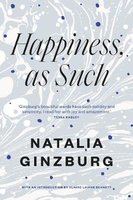
This is the second novel that I’ve read by Natalia Ginzburg (1916-91), following Voices in the Evening.
Happiness, as Such was originally published in Italian in 1973 with the title Caro Michele (“Dear Michele”). As that might suggest, it’s told mainly in the form of letters. In 1970, Adriana writes to her son Michele. She doesn’t have high expectations (“I doubt you’ll come over for my birthday because I don’t think you’ll have remembered it”), but needs to tell him that his father is dying. A woman has also turned up with a baby that might be Michele’s. What Adriana doesn’t know is that Michele has moved to England, and isn’t planning to come back.
Adriana’s letters to Michele are particularly barbed, but as the correspondence we read extends more widely through Michele’s family and friends, there is a growing sense of characters talking past each other. We never get to see Michele’s life directly, and it’s as though the other characters can make of it whatever suits them.
The English title of this translation is referenced a couple of times, such as when Adriana wishes her son happiness, “if there is such a thing as happiness.” Looking at the book as a whole, this is an open question, and it keeps the novel on edge throughout.
Published by Daunt Books.
Gøhril Gabrielsen, Ankomst (2017)
Translated from the Norwegian by Deborah Dawkin (2020)
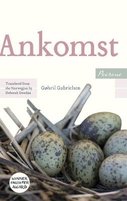
Ankomst is the second title in Peirene Press‘s Closed Universe series, following the marvellous Snow, Dog, Foot. In this book, we meet another individual slowly unravelling on their own, somewhere cold.
Our narrator is an environmental scientist who’s spending the winter in a cabin in northern Norway, studying seabirds. She’d like it if everything could be about reliable, measurable facts, but she can’t shake off the emotionally complicated situation she has left behind.
The narrator has left her young daughter Lina in the care of her ex, Lina’s father, whom she refers to only as S and detests. She’s in regular Skype contact with her current partner, Jo; he’s supposed to be coming to visit but his trip keeps being delayed.
Our protagonist becomes fascinated with the story of a couple of settlers who lived on this peninsula in the 19th century and whose house burnt down. She has visions of how she imagines their lives to have been, but there’s a sense that she is actually rehearsing her anxieties about her own life. Then there are the missing days, the cries she thinks she hears…
The title Ankomst means ‘arrival’, and there’s a growing tension as different arrivals are delayed and unexpectedly brought forward. Ankomst is an immersive, disorienting character study, and it ends in just the right place.
Bae Suah, Untold Night and Day (2013)
Translated from the Korean by Deborah Smith (2020)

Bae Suah has been on my list of authors to try for some time. This short novel of hers is short and strange and… difficult to capture in words. (which is why I haven’t written more about it!).
We begin with Ayami, the sole employee of an audio theatre that plays back recorded performances for visually impaired people. Strange things are happening: she keeps hearing spoken lines from the radio that turns itself on and off. She sees an old couple outside the theatre who she thinks may be her parents. Today is also the last day the theatre will be open, so Ayami needs a new job.
What follows is day merging into night, reality fraying at the edges, in sweltering summer heat. A summary wouldn’t do it justice, but it is a suffocating and disorienting book to read.
Published by Jonathan Cape.
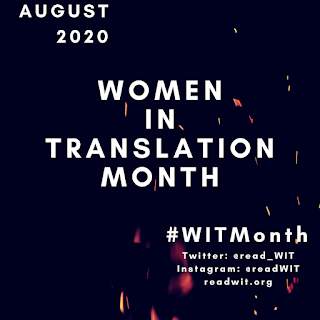
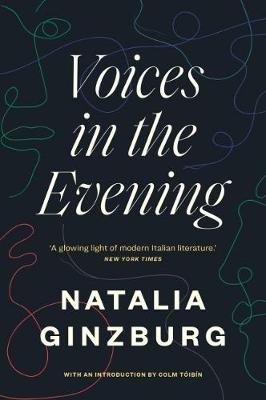
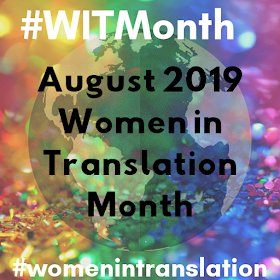
Recent Comments